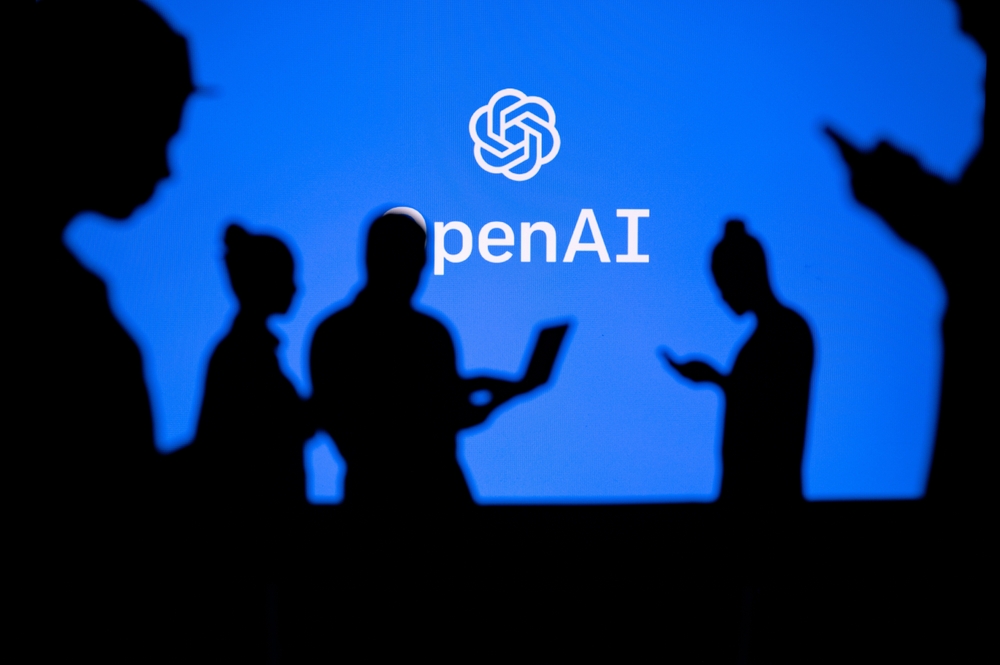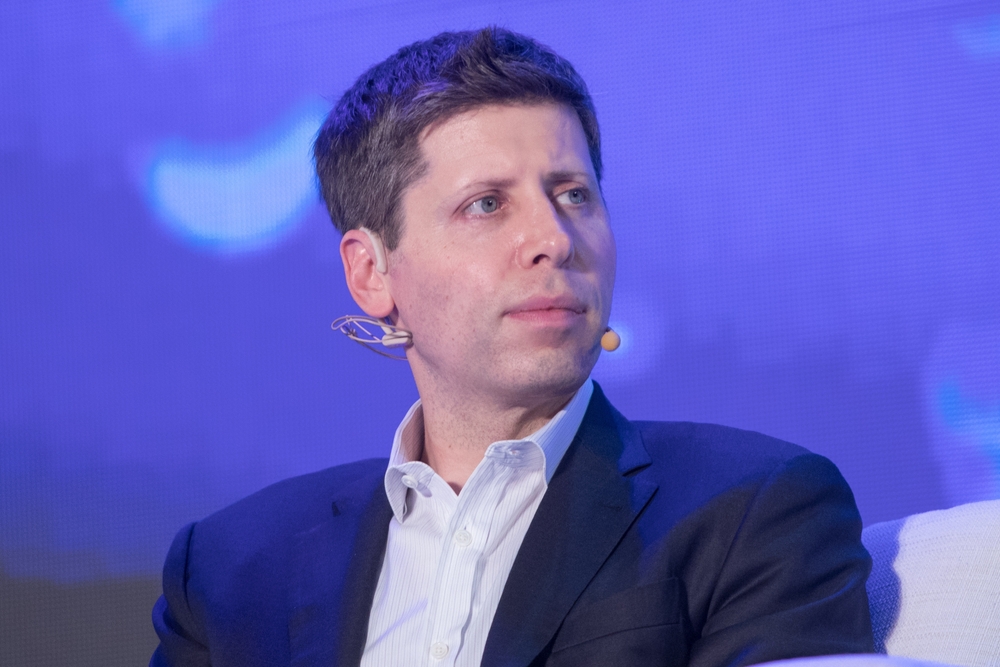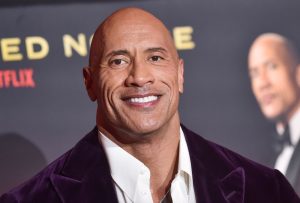Copyright © Everyday Narrative 2024. All rights reserved.
Sam Altman, CEO of OpenAI, has announced an ambitious initiative that aims to transform the semiconductor industry by raising between $5 trillion and $7 trillion. This initiative is driven by the increasing demands of artificial intelligence (AI) for chips, computing capacity, and energy.

The Mega Plot
Altman’s vision involves creating a supergroup to construct all necessary AI infrastructure immediately, aiming to overcome current limitations in chip availability, computing capacity, and energy shortages. The goal is to enable AI developers to build and train models with the most advanced algorithms without constraint, potentially leading AI technologies to become infinitely powerful.
The primary motive behind this colossal fundraising effort is to address the challenges of scaling and the scarcity of resources that are currently hindering the AI industry, particularly the development of high-level AI systems. The shortage and high costs of semiconductor chips, which are essential for AI operations, have been a significant bottleneck. By focusing on the development and accessibility of semiconductor chips tailored for AI applications, OpenAI plans to ensure the unhindered advancement of AI technologies. This project is seen not just as an investment in hardware but as a strategic move to overcome logistical bottlenecks and empower AI to reach its full potential.
Altman has held discussions with various stakeholders, including senior UAE officials, TSMC executives, US Secretary of Commerce Gina Raimondo, and SoftBank CEO Masayoshi Son, to garner support for his plans. The initiative has received backing from Microsoft, highlighting the industry’s recognition of the critical need for more AI infrastructure, including chip-making capacity and energy solutions.
However, the scale of Altman’s fundraising goals is unprecedented and has been described as “outlandishly large” compared to the current size of the global semiconductor industry, which generated $527 billion in revenues in 2023. The venture aims to expand into multiple segments of the chip market, with a return on investment that could span decades. It would require building processor plants and a significant amount of supporting infrastructure, including packaging manufacturing capacity and an extensive supply chain for materials and chipmaking equipment.
Altman’s initiative is a strategic endeavor involving partnerships and global collaboration with investors, chip makers, and energy providers. It represents a holistic approach to addressing the challenges facing AI development and positions the U.S. as a potential major player in the semiconductor industry. By tackling the scarcity and cost issues of semiconductor chips head-on, OpenAI aims to pave the way for a future where AI technologies can thrive without the current technological constraints.
Who is Sam Altman?
Sam Altman was born in 1985 in Chicago, Illinois, and has made significant contributions across various sectors, from artificial intelligence to nuclear energy, reflecting his diverse interests and forward-thinking approach to technology and societal issues.

Altman co-founded OpenAI, aiming to ensure that artificial general intelligence (AGI) benefits all of humanity, a belief that underscores his vision for technology’s role in future advancements. His leadership at OpenAI and his proactive global engagement on AI ethics and development underscore his commitment to responsible innovation.
Before OpenAI, Altman’s entrepreneurial spirit was evident in his early venture, Loopt, a location-sharing mobile app, which was sold for $43.4 million in 2012. His role as president of Y Combinator further showcased his influence on the tech startup ecosystem, helping nurture companies like Airbnb, Reddit, and Twitch.
Altman’s other ventures include Tools For Humanity, which introduced Worldcoin, aiming to provide a form of universal basic income through cryptocurrency, reflecting his interest in addressing global challenges through innovative solutions. His investments span across technology and energy sectors, including companies like “Humane,” a wearable computer powered by AI, “Retro Biosciences,” focusing on extending human life, and “Helion Energy,” working on nuclear fusion.
Poised for the Annals of History
Altman’s views on future technologies, particularly his advocacy for nuclear energy through his chairmanship at Oklo and Helion, demonstrate his belief in the potential of atomic energy to address global energy challenges. His life story—from his early coding days to leading significant advancements in AI—exemplifies passion, hard work, and a commitment to positively impacting the world.
Sam Altman’s multifaceted career and personal endeavors reflect a deep commitment to technological innovation, ethical considerations in AI, and social impact, positioning him as a key figure in navigating the complex landscape of future technologies and their societal implications. We will watch developments closely.



